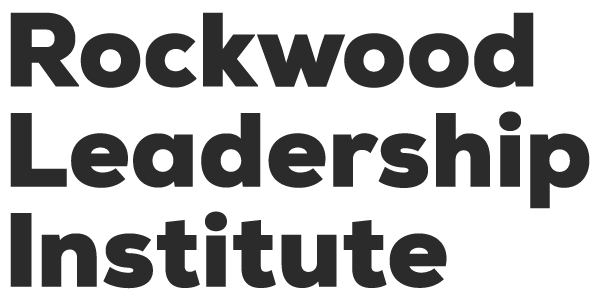My heart is breaking over news from abroad and at home right now. It’s an easy time to think the worst of my fellow humans. However, I’ve come to see that pessimism is expensive. It robs us of our passion and our commitment. It diminishes our work, and the people on whose behalf we are working. Yes, some days are tough. Some weeks are tough. Even years can be tough, without a doubt. But when we let pessimism, and its evil twin cynicism get in our way, it does a disservice to those on whose shoulders we stand, and everything we’ve subsequently built.
When I think about the people who walked miles and miles to work for months during the Montgomery boycott because they believed in better possibilities, about farmworkers who risked their lives by calling out the dangers of pesticides, about those who stood at Wounded Knee – how does pessimism possibly honor their work? As I consider those who’ve devoted decades of their lives for environmental or economic justice, workers rights and gender equality – I know that everyone who has sacrificed for the common good deserves more than cynicism.
Last year I traveled the country to talk with Rockwood alum. In these Gathers, I asked: “What is possible now?” I was surprised and touched by people’s hopes for our future. Over and over I heard, “If we can come together and find each other across movements, strategies and intentions, we will succeed.” I believe them.
I learned that in Los Angeles, Rockwood alum working on immigration reform, labor, and domestic worker rights are building partnerships. They are creating a powerful base by working together – not just by showing up at each other’s events, but by sharing platforms and developing authentic relationships that will stand the test of time.
On the East Coast, alums Ai-jen Poo, Director of the National Domestic Workers Alliance, and Sarita Gupta, Executive Director of Jobs With Justice, recognized the overlap between their organizations’ causes (workers’ rights and domestic workers’ rights) and created a collaborative campaign: Caring Across Generations. This collaboration brings together aging Americans, people with disabilities, workers, and their families to protect all Americans’ right to choose the care and support they need to live with dignity.
In the Bay Area, alum Eveline Shen transformed her single-issue organization, Asian Communities for Reproductive Justice, into Forward Together, a multi-racial organization that works with community leaders and organizations to transform culture and policy to catalyze social change. Their Strong Families national campaign has brought together a diverse group of 130 organizational partners that care about the rights of the family, in all its forms.
These are only a few examples of what is going on all over the U.S. As our organizations and movements become more connected, or more precisely, as we become more aware of our interconnectedness, opportunities abound for social transformation. It is incumbent upon us as leaders – those of us who are committed to wholeness and integrity – to remember that optimism is an essential tool in our kit. Even if we’re working to end something, we are inherently working to create something new, and that is exciting, is medicine, and is good for all of us.
We each have a crucial part to play and partners to play it with. So, when you ask yourself, “What’s my part? What’s my work?” also ask, “Who are my partners?” and be open to people, organizations and movements that have different values than yours. It’s all connected.
Things aren’t perfect. The nature of our work is inherently messy. We take a step forward and sometimes two steps back. However, when I look at what Dr. King described as “the long arc of the moral universe,” I know that we’re moving in the right direction – it’s not about what is happening in this particular moment, but what has happened cumulatively, and what is possible over many lifetimes.
I am sure that everything is all right.
I know that it may not appear to be so in this moment, but in the scheme of things, it’s all right. We can relax and keep on working.
And in those moments when it feels like it’s not all right, let’s reach out to someone who can remind us of the truth. Let’s spend time in nature, to witness its cycles and remember that we are part of an intricately interconnected rhythm. It’s not about me or you individually, it’s about the whole thing, and the whole thing is all right. All right is a state of being – a frame of mind – something we can choose.
Let’s choose it.
To be optimistic is in no way foolish. To be optimistic is to be wise. It’s our only way forward.
From my heart to yours.
Akaya
September 2014
Image credit: Sunrise Heemskerk, NL by Martin de Lusenet.


